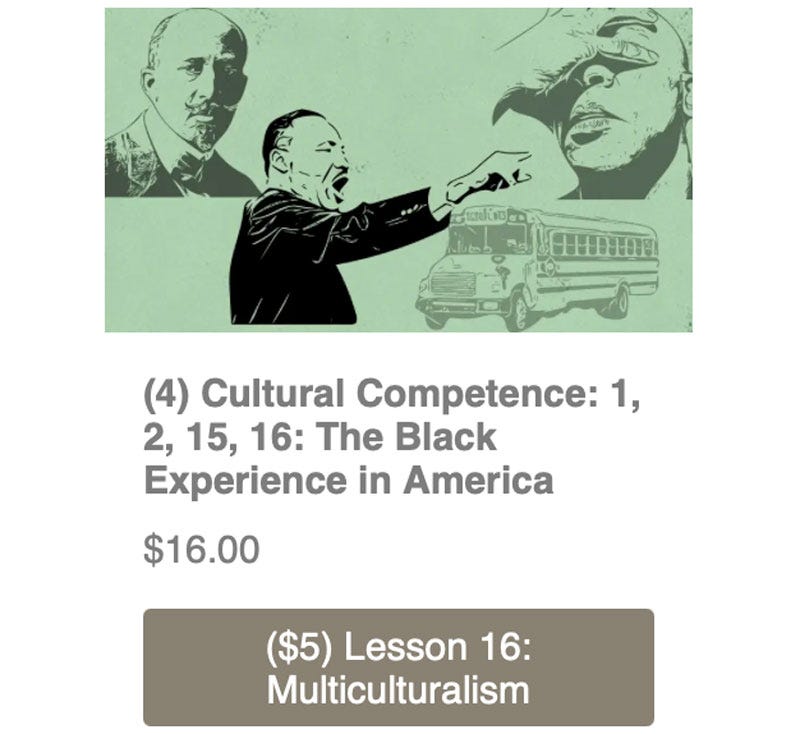New: Othello, Lesson 2 of The Course, Explores Power and Self Doubt
I’m excited to unveil the latest interactive offering in The Black Experience in America: The Course. Lesson 2: Othello.
Shakespeare is a pillar of Western culture, and it’s profound that he tackled race, belonging and power in a play written before the first African slaves arrived in Virginia. In this lesson, we look at Othello through modern eyes (and at the modern world through Othello), and consider the inner toll of double consciousness.
When I first set to work designing a curriculum on the Black experience, I knew I wanted Othello to be part of it. I first studied the play in Professor Cynthia Cornell’s Shakespeare class as a freshman at DePauw University, and it blew my mind. There I was, an 18-year-old Black kid from Washington, D.C., trying to learn and build relationships on a tradition-steeped campus in rural Indiana. I wasn’t just reading about the Moor of Venice. I was the Moor of Venice.
In the context of W.E.B. Du Bois’s concept of double consciousness, introduced in Lesson 1, Othello’s tale carries extra weight. Doesn’t this, from Du Bois’s The Souls of Black Folk, sound like Shakespeare’s tortured general?
The worlds within and without the Veil of Color are changing, and changing rapidly, but not at the same rate, not in the same way; and this must produce a peculiar wrenching of the soul, a peculiar sense of doubt and bewilderment. Such a double life, with double thoughts, double duties, and double social classes, must give rise to double words and double ideals, and tempt the mind to pretence or revolt, to hypocrisy or radicalism.
For everyone who is tempted to believe that race and racism no longer matter at all, and that class alone affects people in our society, this lesson and this play pose what I hope is a thought-provoking challenge.
You can take The Course online. Buy a lesson bundle, and send others the link:
Also, it’s now easy to purchase a bundle as a gift:




